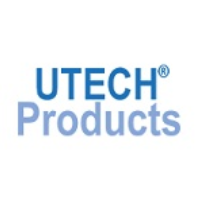Rat IFN beta, Recombinant Protein, Recombinant Protein, Each

|
|
Details:
Rat IFN beta Recombinant Protein, 134001, from Invitrogen., 134001, from Invitrogen. Species Reactivity: Rat; Applications: ELISA, Immunoprecipitation, Western Blot.Type I Interferons (IFN-alpha/beta) are produced primarily in response to viral infection by Natural IFN-producing cells (IPCs) as part of the host immune response. IFNs can also inhibit the development of tumors. IFN-beta binding results in the activation of the tyrosine kinases Jak1 and Tyk2, phosphorylation of members of the STAT family of transcription factors, and the transcription and expression of the immune response genes. More recently, several members of the toll-like receptor (TLR) family were found to stimulate the production IFN-beta. IFN-beta is currently used clinically for treatment of tumors, infections and multiple sclerosis. Assay Used to Measure Bioactivity: Interferon was titrated with the use of the cytopathic effect inhibition assay as described [Rubinstein, S. et al (1981), J. Virol. 37, 755-758]; [Familletti, P.C. et al (1981), Methods in Enzymology, Vol. 78 387-394]. In this antiviral assay for interferon about 1 unit/mL of interferon is the quantity necessary to produce a cytopathic effect of 50%. As there is no international Rat IFN-beta standard, units are determined with respect to the international reference standard for mouse interferon alpha/beta (mouse IFN- alpha/beta ) provided by the National Institutes of Health. After receipt, this product should be kept at 4°C while lyophilized and at -70°C after reconstitution in sterile distilled water for retention of full activity. When thawing, the contents of the tube should be apportioned in separate tubes so that freezing and thawing is kept to a minimum. Further dilute only in buffers containing protein such as 0.1% bovine serum albumin (BSA).
Additional Information
| SKU | 10156352 |
|---|---|
| UOM | Each |
| UNSPSC | 12352200 |
| Manufacturer Part Number | 134001 |

